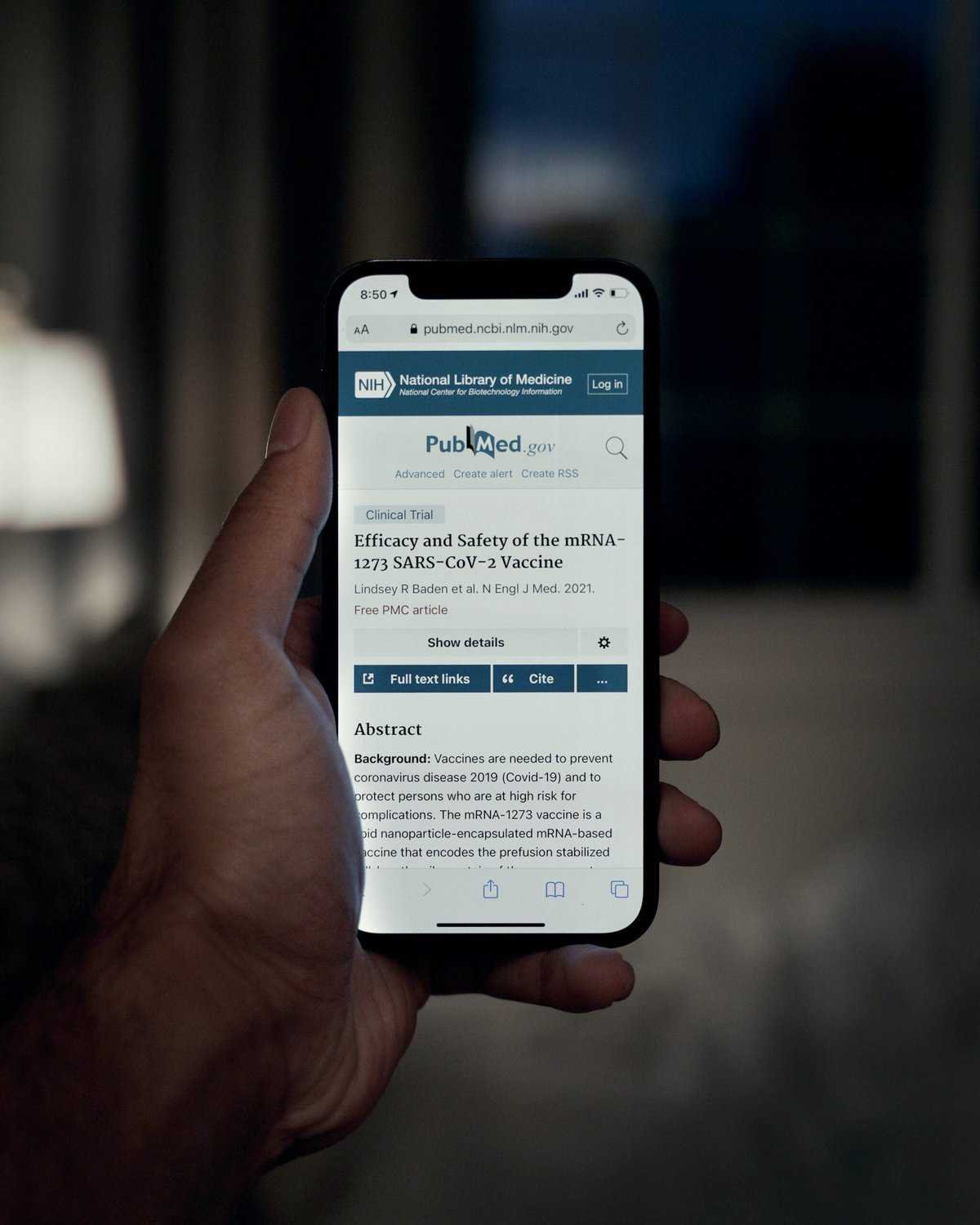Imagine a world where you can tell your skin’s story through the art of ink, guided by the skilled hand of a freelance tattoo artist. With the freedom to travel, explore, and connect with individuals from all walks of life, these artists go above and beyond to create meaningful masterpieces. Bringing their unique visions to life, they help people unravel their innermost thoughts and emotions, leaving an indelible mark of self-expression. In this article, we’ll dive into the captivating world of freelance tattoo artists and uncover the inspiring tales behind their inked canvases.
What is a Freelance Tattoo Artist?
A freelance tattoo artist is an individual who works independently and provides tattooing services on a project basis. Instead of being employed by a specific tattoo shop or studio, freelance tattoo artists have the freedom to work on their own terms and choose their own clients. They have the flexibility to work from different locations and set their own schedules, allowing them to pursue their passion for tattoo art while enjoying the benefits of being self-employed.
Benefits of Being a Freelance Tattoo Artist
As a freelance tattoo artist, there are numerous advantages to enjoy. Firstly, you have the freedom to choose the type of projects you want to work on and the clients you want to collaborate with. This allows you to specialize in specific styles and genres of tattoo art that align with your personal preferences and artistic vision. Additionally, being your own boss means that you have the flexibility to work at your own pace and take time off when needed. This level of control over your career allows for a better work-life balance and a sense of fulfillment in doing what you love.

Skills and Qualifications
To excel as a freelance tattoo artist, there are several crucial skills and qualifications that you need to possess.
Artistic abilities
As a tattoo artist, your artistry is the cornerstone of your career. Having a strong foundation in drawing and design will significantly contribute to your ability to create unique and visually appealing tattoos. Developing your artistic skills through practice, experimentation, and continuous learning will help you refine your technique and stand out in the competitive tattoo industry.
Knowledge of tattooing techniques
Having a deep understanding of different tattooing techniques is essential in delivering high-quality work to your clients. Familiarize yourself with various styles, such as realism, traditional, watercolor, or blackwork, and master the shading, line work, and color application techniques associated with each style. Additionally, staying updated with the advancements in tattoo equipment and sterilization practices will ensure that you provide a safe and professional tattooing experience.
Good communication skills
Effective communication is key to building a strong professional relationship with your clients. Listening carefully to their ideas and preferences and being able to articulate your vision and expertise will help you create tattoos that exceed their expectations. Clear and open communication will also prevent misunderstandings and ensure that both you and your clients are on the same page throughout the tattooing process.
Marketing and business skills
As a freelance tattoo artist, you are responsible for promoting your services and attracting clients. Developing marketing and business skills will allow you to effectively market yourself through various channels such as social media, websites, and word-of-mouth referrals. Understanding basic business practices such as financial management, customer service, and branding will help you establish a strong reputation and achieve long-term success as a freelance tattoo artist.
Setting up as a Freelance Tattoo Artist
When you decide to embark on a career as a freelance tattoo artist, there are several important steps to take in order to set yourself up for success.
Choosing a workspace
Selecting a suitable workspace is crucial for a freelance tattoo artist. This can be a home studio, a rented space, or a mobile setup, depending on your preferences and local regulations. Ensure that the workspace meets all health and safety requirements, is comfortable for both you and your clients, and has proper lighting and ventilation. Creating a clean and welcoming environment will contribute to a positive tattooing experience for your clients.
Obtaining necessary licenses and permits
Before starting your freelance tattooing business, it is essential to research and obtain any required licenses and permits. This includes a tattoo artist license, health department permits, and any other necessary certifications mandated by your local jurisdiction. Adhering to all legal regulations ensures that you operate within the boundaries of the law and maintain a professional reputation.
Investing in equipment and supplies
To provide high-quality tattoos, it is essential to invest in reliable and safe tattooing equipment and supplies. This includes tattoo machines, needles, ink, disposable gloves, and sterilization equipment. It is important to always prioritize safety and hygiene by using single-use needles, sterilizing equipment correctly, and maintaining a sterile workspace. Regularly updating and maintaining your equipment will ensure consistent and professional results.
Setting up a portfolio
Creating a strong portfolio is crucial for attracting potential clients and showcasing your skills and artistic style. Document your best work by taking high-quality photographs or scanning tattoo designs. Organize your portfolio in a visually appealing and easily accessible format, such as a printed book or an online gallery. Regularly update your portfolio with new designs and collaborations to demonstrate your growth and versatility as an artist.

Building a Clientele
Building a loyal client base is essential for a freelance tattoo artist’s success. Here are some effective strategies to help you expand your clientele:
Networking
Networking plays a vital role in establishing connections within the tattoo community. Attend local art events, tattoo conventions, and industry gatherings to meet fellow artists, potential clients, and studio owners. Building relationships with other artists can lead to collaborations and referrals, while connecting with potential clients allows you to showcase your work and discuss their tattoo ideas.
Utilizing social media platforms
Harness the power of social media platforms to reach a wider audience and attract clients. Create a professional and visually appealing social media presence on platforms like Instagram, Facebook, and Pinterest. Regularly update your accounts with high-quality images of your work, behind-the-scenes content, and informative posts about tattoo aftercare and industry insights. Engaging with your followers and responding to inquiries in a timely manner will help build trust and establish your credibility.
Participating in tattoo conventions and events
Tattoo conventions and events are excellent opportunities to showcase your skills and connect with potential clients. Consider participating in these events as an exhibitor or guest artist, where you can display your portfolio, tattoo live, and interact with fellow artists and tattoo enthusiasts. This exposure can lead to new clients and collaborations, as well as valuable feedback and inspiration from within the industry.
Offering promotions and discounts
To attract new clients and encourage repeat business, consider offering promotions and discounts. This can include discounted rates for first-time clients, loyalty programs, or special promotions for specific tattoo designs or occasions. Creating a sense of exclusivity and providing added value to your services will incentivize potential clients to choose you over other tattoo artists.
Balancing Creativity and Client Expectations
One of the challenges that freelance tattoo artists face is finding the balance between their own artistic vision and meeting their clients’ expectations. Here are some strategies to navigate this balancing act:
Understanding clients’ ideas and preferences
Listening carefully and understanding your clients’ tattoo ideas and preferences is crucial in delivering a tattoo that satisfies their desires. Take the time to have detailed consultations, ask relevant questions, and actively listen to their expectations. This will help you interpret their vision accurately and provide them with a tattoo that meets their desires.
Providing professional advice and suggestions
As an experienced tattoo artist, your clients will look to you for professional guidance. Offer your expertise by providing suggestions on how to improve or refine their ideas to ensure a visually pleasing and technically feasible tattoo. Educating your clients on factors such as size, placement, and color selection will help manage their expectations and result in a tattoo that stands the test of time.
Maintaining artistic integrity
While it is important to consider clients’ preferences, it is equally important to maintain your artistic integrity. It may be necessary at times to respectfully decline requests or suggest alternative designs that better align with your artistic style. Remember, your unique artistic vision is one of the reasons clients seek out your services. Striking a balance between accommodating client requests and staying true to your artistic voice will help you create tattoos that are both meaningful and aesthetically pleasing.

Managing Finances as a Freelancer
Being a successful freelance tattoo artist also requires effective financial management. Here are some key financial considerations:
Setting competitive pricing
Determining your pricing structure is essential for sustaining your business and ensuring a fair return on your time and skills. Consider factors such as your experience level, demand for your work, and regional pricing benchmarks. Research local tattoo rates to set competitive prices that reflect your expertise and the quality of your work, while still appealing to your target clientele.
Managing income and expenses
Keeping track of your income and expenses is crucial for accurately assessing your financial health. Establish a system to track all earnings and expenses, including supplies, equipment maintenance, rent, marketing expenses, and any other business-related costs. Regularly review and analyze your financial records to identify trends, opportunities for cost savings, and areas for investment or improvement.
Estimating project costs
When providing quotes to clients, it is important to accurately estimate project costs. Consider factors such as the complexity and size of the design, the length of the tattooing process, and any anticipated additional expenses. Providing transparent and detailed estimates will help manage client expectations and avoid any financial disputes or misunderstandings.
Saving for taxes and emergencies
As a freelance tattoo artist, you are responsible for paying taxes on your income. It is essential to set aside a portion of your earnings for tax obligations and to ensure that you are prepared when tax season arrives. Additionally, having an emergency fund is crucial for unforeseen circumstances or periods of decreased income, providing you with a financial safety net and peace of mind.
Handling Challenges and Risks
Freelance tattoo artists may encounter various challenges and risks throughout their careers. Here are some strategies to overcome common obstacles:
Dealing with difficult clients
It is inevitable to encounter difficult clients at some point. Develop effective communication and conflict resolution skills to navigate challenging situations professionally. Listen to their concerns, address them with empathy and patience, and attempt to find mutually acceptable solutions. In some cases, it may be necessary to part ways respectfully if the relationship becomes consistently problematic.
Ensuring health and safety measures
Maintaining strict health and safety protocols is non-negotiable in the tattoo industry. Adhere to all guidelines and regulations set by your local health department and professional tattoo organizations. This includes using disposable and sterile equipment, practicing proper sanitation and sterilization techniques, and providing thorough aftercare instructions to your clients. Prioritizing the health and safety of your clients will protect your reputation and promote trust within the industry.
Protecting intellectual property
Respect the intellectual property rights of other artists and ensure that your own work is protected. Obtain proper permissions from clients before publicly displaying or using their tattoo designs in your portfolio or marketing materials. Likewise, consider protecting your own designs through copyright registration or other applicable intellectual property laws to safeguard your unique creations.
Managing long work hours and burnout
As a freelance tattoo artist, the boundaries between work and personal life can easily blur. Establish a routine that allows for regular breaks and time off to prevent burnout. Prioritize self-care and mental health by engaging in hobbies and activities outside of tattooing. Utilize time management techniques to maximize productivity during work hours, ensuring a healthy work-life balance.
Continuing Education and Skill Development
Staying updated with the latest tattooing techniques and industry trends is essential for growth and longevity as a freelance tattoo artist. Here are some strategies to continue your education and skill development:
Attending workshops and seminars
Participating in workshops and seminars conducted by industry experts is an excellent way to learn new techniques and expand your knowledge. Look for reputable tattoo schools, conventions, or workshops that offer hands-on training and educational sessions. These opportunities not only enhance your technical skills but also provide invaluable networking opportunities with fellow artists.
Learning new tattooing techniques
The tattoo industry is constantly evolving, with new techniques and styles emerging regularly. Stay curious and invest time in learning new techniques by experimenting on pig skin, fruits, or other safe mediums. Pushing your boundaries and exploring different styles and approaches will help you expand your artistic repertoire and attract a diverse clientele.
Staying updated with industry trends
Following industry publications, tattoo blogs, and social media accounts is a great way to stay informed about the latest trends and innovations in tattooing. Keep track of emerging styles, popular designs, and advancements in equipment and aftercare techniques. Incorporating these trends into your work will demonstrate your adaptability and keep your artistry fresh and relevant.
Exploring different art styles
Expand your artistic horizons by exploring different art styles outside of tattooing. Experiment with various mediums such as painting, illustration, or digital art to nurture your creativity and inspire new tattoo designs. Exposure to different art styles can fuel your imagination and help you create unique and captivating tattoos that stand out in the industry.
Maintaining Professionalism and Ethics
As a freelance tattoo artist, maintaining professionalism and ethical practices is paramount to uphold your reputation and build trust with your clients. Here are some important considerations:
Maintaining confidentiality
Respect the privacy and confidentiality of your clients by ensuring that their personal information and tattoo designs remain confidential. Obtain their explicit consent before sharing any images or information related to their tattoos on your portfolio or social media platforms. Professionalism and discretion are essential for creating a safe and trustworthy client-artist relationship.
Respecting clients’ boundaries and decisions
Each client has their own unique preferences and boundaries. Respect their decisions regarding tattoo size, design, and placement even if it differs from your personal opinion. Avoid pressuring clients to get tattoos they are unsure about or reluctant to proceed with. Building trust and respecting clients’ autonomy will foster positive long-term relationships and establish you as a professional artist who values their clients’ wishes.
Properly disposing of waste materials
Adhere to proper waste disposal practices to minimize the environmental impact of your tattooing activities. Ensure that all used needles, ink containers, and other disposable items are properly disposed of in designated biohazard containers. Follow local regulations and guidelines for waste management to protect public health and the environment.
Avoiding tattooing unethical designs
As a freelance tattoo artist, it is important to exercise ethical judgment when it comes to the designs you create. Avoid tattooing designs that promote hate speech, discrimination, violence, or are otherwise offensive or harmful. Upholding ethical standards in your work will not only protect your professional reputation but also contribute to creating a safe and inclusive tattooing community.
Collaborating with Other Artists
Collaborating with fellow tattoo artists can be mutually beneficial and rewarding. Here are some ways to foster collaboration:
Participating in collaborative projects
Collaborative projects allow artists to combine their creative talents and produce unique and visually striking art pieces. Seek opportunities to collaborate with other artists on projects such as gallery exhibitions, art shows, or tattoo conventions. Combining your artistic styles and techniques can lead to innovative designs and broader exposure for both yourself and your collaborators.
Building relationships with other tattoo artists
Building genuine relationships with other tattoo artists can provide a supportive community where you can share knowledge, seek advice, and collaborate. Attend local tattoo industry events, join online artist forums, or reach out directly to fellow artists whose work you admire. Sharing experiences, techniques, and industry insights can foster personal and professional growth within the tattoo community.
Sharing knowledge and techniques
As a freelance tattoo artist, sharing your knowledge and techniques with fellow artists is a valuable way to contribute to the community and build your professional reputation. Participate in mentorship programs, offer workshops, or provide educational resources to aspiring tattoo artists. By sharing your expertise, you not only nurture the next generation of artists but also establish yourself as an authority in your field.
Supporting and promoting fellow artists
Supporting and promoting other artists within the tattoo community creates a positive and collaborative environment. Share the work of fellow tattoo artists on your social media platforms, attend their events, and refer clients to fellow artists when their styles align better with their preferences. This camaraderie cultivates a sense of unity and mutual success within the tattoo industry.
In conclusion, becoming a successful freelance tattoo artist requires a combination of artistic skills, business acumen, and a commitment to professionalism and continuous learning. By honing your artistic abilities, understanding your clients’ needs, maintaining financial stability, and fostering collaborations within the industry, you can build a thriving career as a freelance tattoo artist. Embrace the challenges, stay true to your artistic vision, and always prioritize the satisfaction and safety of your clients.

